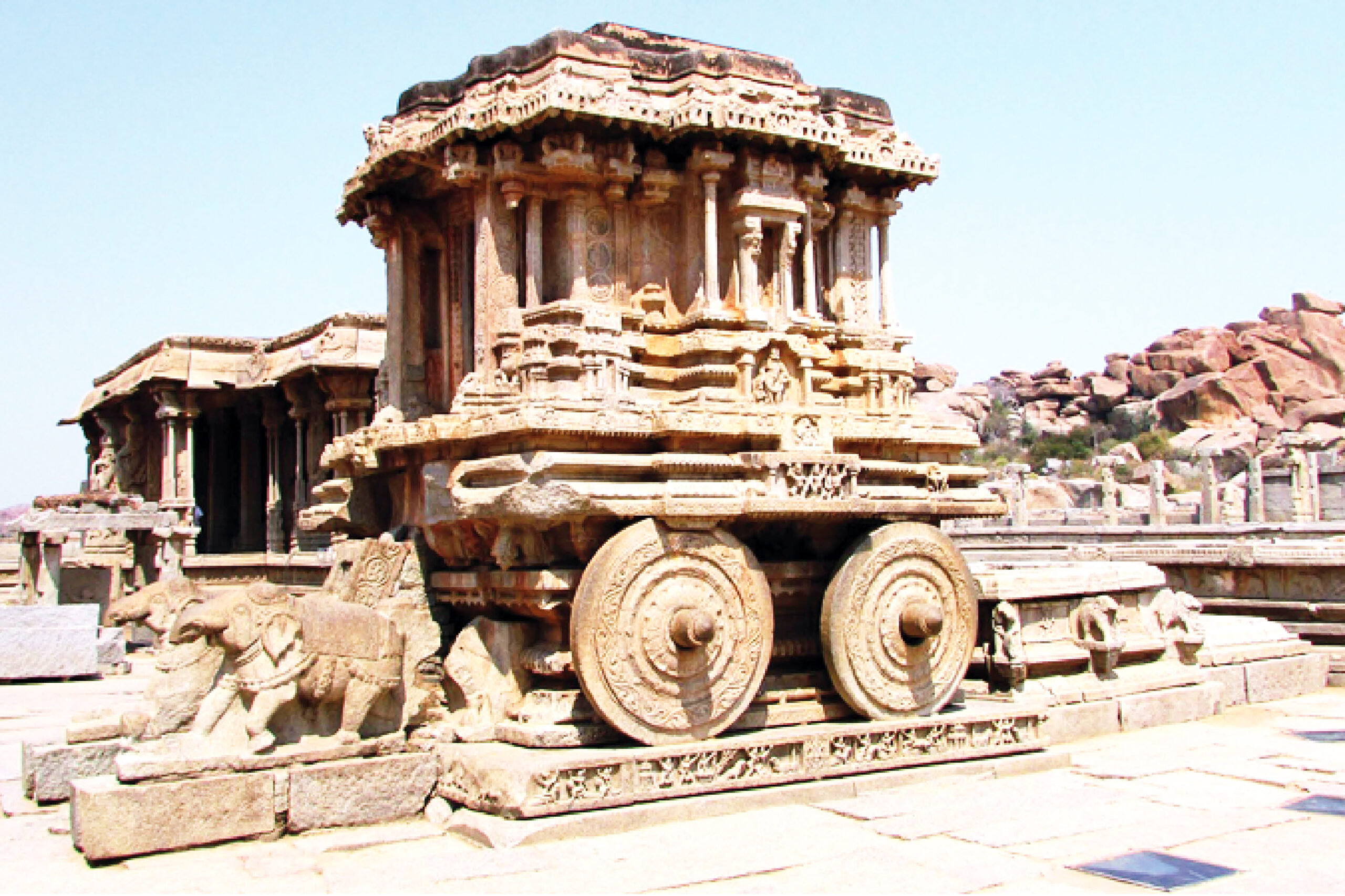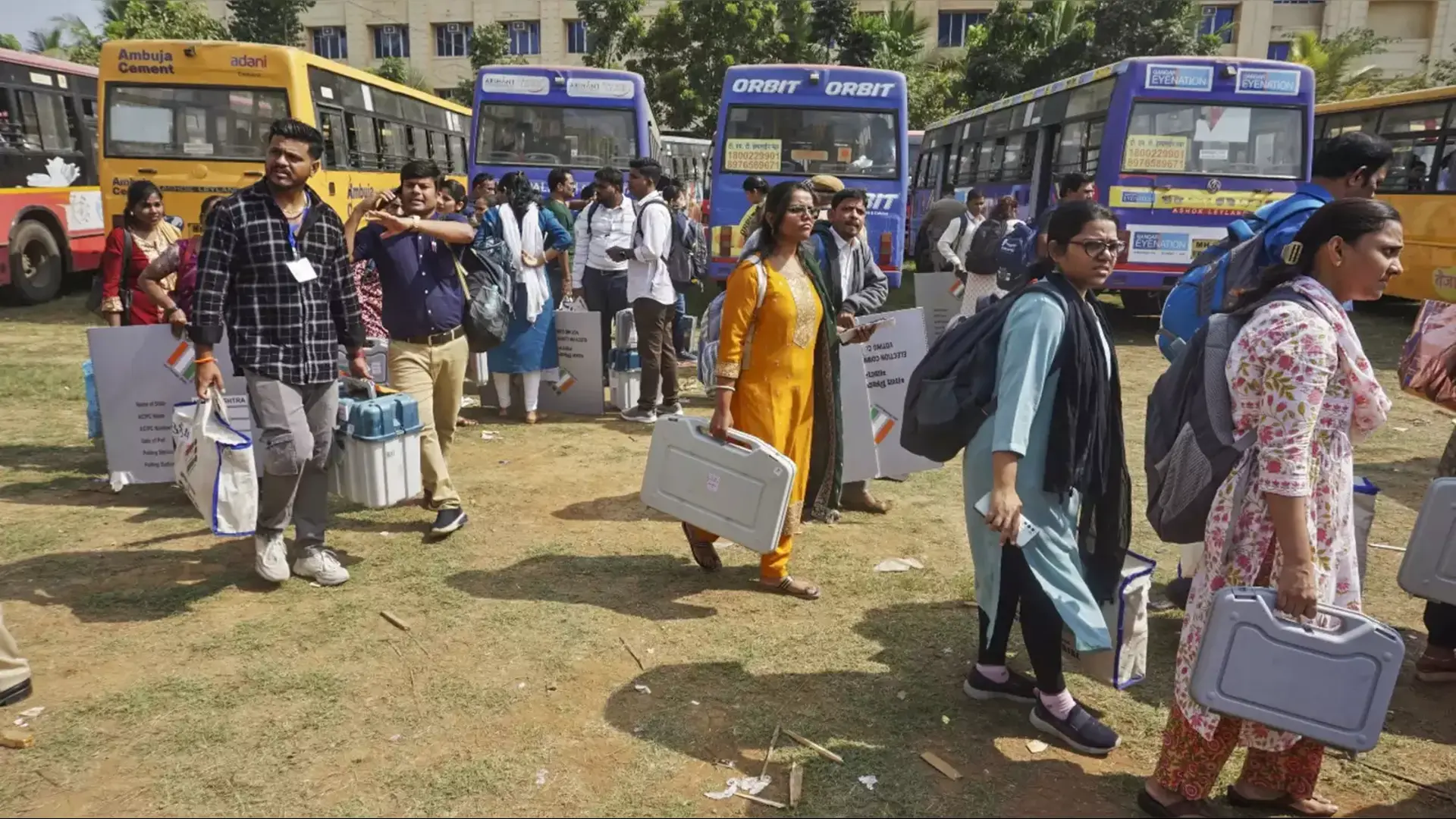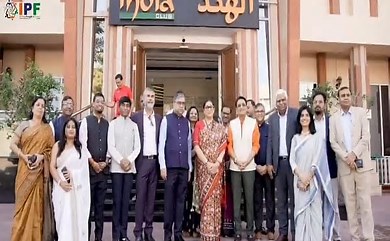
The protection of Traditional Knowledge (TK) in India is an urgent and necessary endeavor that requires immediate attention from policymakers, communities, and stakeholders. Traditional Knowledge encompasses the wisdom, practices, and innovations developed by indigenous and local communities over generations. It plays a crucial role in preserving cultural heritage, promoting biodiversity, and contributing to sustainable development. However, the increasing threats from globalization, biopiracy, and the commodification of indigenous resources have put this invaluable knowledge at risk.India is home to a rich tapestry of cultures and traditions, each with its unique forms of knowledge. This includes agricultural practices, medicinal uses of plants, handicrafts, folklore, and more. The diversity of TK not only reflects the cultural identity of various communities but also offers solutions to contemporary challenges such as climate change and food security. For instance, indigenous agricultural techniques can enhance soil fertility and crop resilience, while traditional healing practices can complement modern medicine. Therefore, safeguarding TK is not merely a matter of preserving culture; it is essential for the survival and well-being of future generations.The current legal framework in India for protecting TK is inadequate. While there are some provisions under intellectual property laws, these often fail to recognize the communal nature of TK and the rights of indigenous communities. The absence of a robust system for documentation and protection leaves traditional knowledge vulnerable to exploitation by corporations and individuals who may seek to patent or commercialize these resources without proper consent or compensation. This not only undermines the rights of indigenous peoples but also threatens the sustainability of their cultural practices.Moreover, the lack of awareness among communities about their rights regarding TK further exacerbates the situation. Many practitioners of traditional knowledge are unaware that their contributions can be protected legally. This ignorance can lead to a loss of control over their knowledge and resources, resulting in economic disadvantages for these communities. Therefore, it is imperative to implement educational programs that inform communities about their rights and the importance of protecting their traditional knowledge.Internationally, there has been a growing recognition of the need to protect TK. The Convention on Biological Diversity (CBD) and the World Intellectual Property Organization (WIPO) have initiated discussions on how to safeguard indigenous knowledge systems. India has been an active participant in these dialogues; however, translating international commitments into national legislation remains a challenge. The government must take proactive steps to create a comprehensive policy framework that recognizes and protects TK while ensuring that benefits arising from its use are shared equitably with the communities that hold this knowledge.In addition to legal protections, fostering partnerships between traditional knowledge holders and researchers can enhance the conservation of TK. Collaborative research initiatives can help document traditional practices while respecting the rights and interests of indigenous communities. Such partnerships can also facilitate the integration of traditional knowledge into modern scientific research, leading to innovative solutions for pressing global challenges. Furthermore, promoting awareness about the value of traditional knowledge among consumers can drive demand for products that are ethically sourced and produced using traditional methods. This can create economic opportunities for Indigenous communities while encouraging sustainable practices that respect cultural heritage. For instance, promoting organic products cultivated through traditional agricultural methods can appeal to environmentally conscious consumers. The role of technology in protecting TK should not be overlooked. Digital platforms can serve as repositories for documenting traditional knowledge, making it accessible while ensuring that proper credit is given to its custodians. However, careful consideration must be given to how this information is shared to prevent misuse or appropriation by entities seeking to exploit it for profit.In conclusion, protecting Traditional Knowledge in India is not just about safeguarding cultural heritage; it is about recognizing the rights of Indigenous communities and ensuring their voices are heard in discussions about their future. A multifaceted approach involving legal protections, community education, collaborative research, consumer awareness, and technological innovation is essential for preserving this vital aspect of human heritage. As we move forward in an increasingly globalized world, we must honor and protect the wisdom embedded in Traditional Knowledge systems—an invaluable resource for sustainable development and cultural identity.
* Dr. Deevanshu Shrivastava, Associate Dean, School of Law, GD Goenka University, Gurugram.
** Ms. Sanya Kapur Wadhwa, Assistant Professor, School of Law, GD Goenka University, Gurugram.















